Intestacy Solicitors
Protect your legacy by letting us help you navigate intestacy laws and secure your estates future
With our expert guidance you can confidently ensure that your loved one’s wishes are fulfilled.

Intestacy FAQs
What do married partners and civil partners inherit?
The married or civil partners of a deceased person will only inherit under the rules of intestacy if they were married or in a civil partnership at the date of death. This means that if you were divorced from the deceased, or if your civil partnership has been legally ended, you will not inherit under the Intestacy Rules.
Married or civil partners who have only separated informally can still inherit under the Intestacy Rules. However, cohabiting partners who were neither married nor in a civil partnership, will not inherit property or possessions under the rules of intestacy.
If there are surviving children, grandchildren or great grandchildren of the person who died and the estate is valued at more than £322,000 the spouse or civil partner will inherit:
- all the deceased’s personal property and belongings, and
- the first £322,000 of the Estate, and half of the remaining estate (often known as the residuary estate, which could comprise of a bank account or, for example, an interest in a Limited Liability Partnership registered in England and Wales).
If there are no surviving children, grandchildren or great-grandchildren, the spouse or partner will inherit:
- all the deceased’s personal property and belongings, and the whole of the rest of the Estate (often known as the residuary estate, which could comprise of a bank account or, for example, an interest in a Limited Liability Partnership registered in England and Wales).
What will children inherit?
The children of the deceased will only inherit property and possessions if there is no surviving spouse or civil partner. If there is a surviving spouse or civil partner, they will inherit only if the Estate is worth more than £322,000.
What will children inherit if there is no surviving spouse or civil partner?
If there is no surviving spouse or civil partner, the children of the deceased will inherit the whole estate. This rule applies however much the estate is worth. If there are two or more children, the estate will be divided equally between them.
What will children inherit if there is a surviving spouse or civil partner?
If there is a surviving spouse or civil partner, a child only inherits from the Estate if the Estate is valued at over £322,000. If there are two or more children, the children will inherit in equal shares. All the children of the parent who has died inherit equally from the Estate. This also applies where a parent has children from different relationships.
Can step children inherit under Intestacy?
Step children who have been formally adopted by their step parent have the right to inherit under the Rules of Intestacy. Where there has been no formal adoption only biological children will inherit.
What can other close relatives inherit?
Parents, brothers and sisters and nieces and nephews may inherit under the rules of intestacy depending upon:
- whether there is a surviving spouse or civil partner
- whether there are children, grandchildren or great grandchildren.
- in the case of nephews and nieces, whether the parent directly related to the person who has died is also dead
- the amount of the estate
Other relatives may have a right to inherit if the deceased person had no surviving spouse or civil partner, children, grandchildren, great grand-children, parents, brothers, sisters, nephews or nieces. The order of priority amongst other relatives is as follows:-
- grandparents
- uncles and aunts. A cousin can inherit instead if the uncle or aunt who would have inherited died before the intestate person
- half-uncles and half-aunts. A half-cousin can inherit instead if the half-uncle or half-aunt who would have inherited died before the intestate person
Who cannot inherit?
The following people have no right to inherit where someone dies without leaving a Will:
- unmarried partners (sometimes wrongly called ‘common-law’ partners)
- same sex partners not in a civil partnership
- relations by marriage
- close friends
- carers
Can’t see what you’re looking for?
Send us your questions via the contact form and we will be happy to assist.
See what our customers say…
Impressive Service from Michelle and the Team for House Buying and Selling
We have bought and sold through Michelle & the team at Eric Robinson in the last 6 months, and we have repeatedly been impressed at their diligence, persistence, attention to detail and positivity. On a number of occasions we feel Michelle went the extra mile in finding solutions to the hurdles we faced. They communicated brilliantly with us, and with the estate agents. And the result is that house buying and selling was a positive and not-too-stressful process. We would highly recommend.
House move
Hazzra Huxford has been helping us with our house move. She has been beyond outstanding throughout the entire process; professional, very efficient, trustworthy, supportive… I could go on! Thank you for everything Hazzra, you have helped us so much.
Emma & Megan were brilliant throughout…
Emma & Megan were brilliant throughout our sell and purchase, responsive and diligent they ensured everything stayed on track. Would highly recommend Eric Robinson for your conveyancing needs.
Samantha Gilby – the best solicitor in town!!
We used Eric Robinsons conveyancing department for the sale of our house and purchase of a new property. Our Solicitor was Samantha Gilby from the Bitterne office. Samantha was amazing. She was constantly on the ball, always contactable and reacted to queries very quickly. She was clear and concise with all the information. Buying and selling a property is very stressful and there is a lot of information that needs to be understood. Samantha made the whole process flawless, smooth and easy. There were no doubts from us whatsoever with the work that Samantha did for us. She made the whole process easy to understand and we totally trusted that she would get the job done. It’s obvious that she works very hard and has her clients interests as her priority. I have nothing but praise for Samantha. She is a credit to your company and I do hope her work is recognised and duly rewarded.
Superb service from start to finish
I used the Chandlerford branch of Eric Robinson, and delighted to say they offered a superb service from start to finish, they kept me informed on proceedings with the property sale every step of the way, best Solicitor firm I have ever dealt with, and would have no hesitation in using again or recommending. Many Thanks to Terry, Kristen, Emma and Megan ***** Service
Absolutely amazing service Emma and…
Absolutely amazing service Emma and Megan were an amazing duo ,nothing was to trouble they were polite, professional and needed loads of patience dealing with me . Once again many thanks for your Sterling work Glenn and Linda
Impressive Service from Michelle and the Team for House Buying and Selling
We have bought and sold through Michelle & the team at Eric Robinson in the last 6 months, and we have repeatedly been impressed at their diligence, persistence, attention to detail and positivity. On a number of occasions we feel Michelle went the extra mile in finding solutions to the hurdles we faced. They communicated brilliantly with us, and with the estate agents. And the result is that house buying and selling was a positive and not-too-stressful process. We would highly recommend.
House move
Hazzra Huxford has been helping us with our house move. She has been beyond outstanding throughout the entire process; professional, very efficient, trustworthy, supportive… I could go on! Thank you for everything Hazzra, you have helped us so much.
Emma & Megan were brilliant throughout…
Emma & Megan were brilliant throughout our sell and purchase, responsive and diligent they ensured everything stayed on track. Would highly recommend Eric Robinson for your conveyancing needs.
Samantha Gilby – the best solicitor in town!!
We used Eric Robinsons conveyancing department for the sale of our house and purchase of a new property. Our Solicitor was Samantha Gilby from the Bitterne office. Samantha was amazing. She was constantly on the ball, always contactable and reacted to queries very quickly. She was clear and concise with all the information. Buying and selling a property is very stressful and there is a lot of information that needs to be understood. Samantha made the whole process flawless, smooth and easy. There were no doubts from us whatsoever with the work that Samantha did for us. She made the whole process easy to understand and we totally trusted that she would get the job done. It’s obvious that she works very hard and has her clients interests as her priority. I have nothing but praise for Samantha. She is a credit to your company and I do hope her work is recognised and duly rewarded.
Superb service from start to finish
I used the Chandlerford branch of Eric Robinson, and delighted to say they offered a superb service from start to finish, they kept me informed on proceedings with the property sale every step of the way, best Solicitor firm I have ever dealt with, and would have no hesitation in using again or recommending. Many Thanks to Terry, Kristen, Emma and Megan ***** Service
Absolutely amazing service Emma and…
Absolutely amazing service Emma and Megan were an amazing duo ,nothing was to trouble they were polite, professional and needed loads of patience dealing with me . Once again many thanks for your Sterling work Glenn and Linda
Key contacts
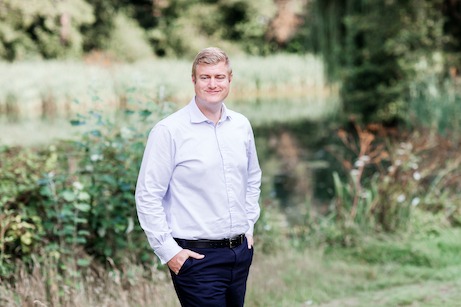
Richard Wallace Lower
Partner
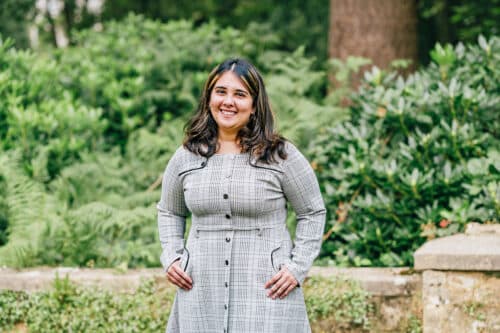
Tanya Ajmani
Paralegal
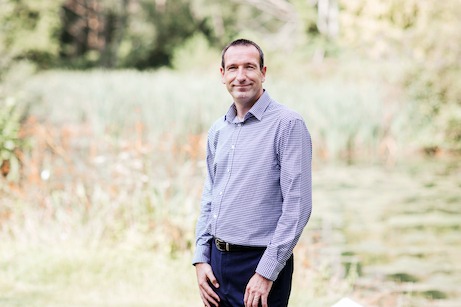
Mark Elloway
Associate

Daniel Hine
Associate Solicitor
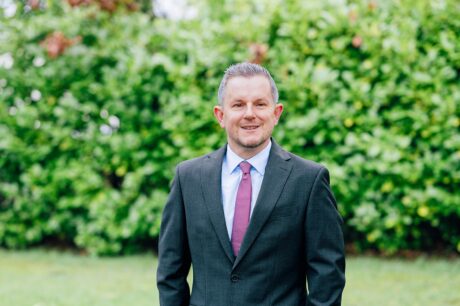
Matthew Porter
Senior Associate Solicitor

Gemma Tyrrell
Senior Executive
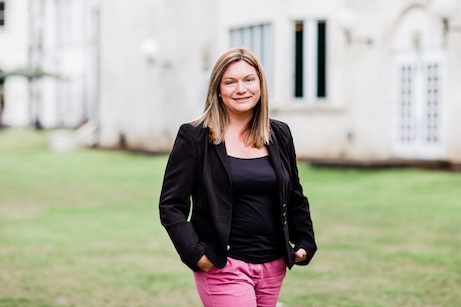
Kristen Woods
Senior Associate
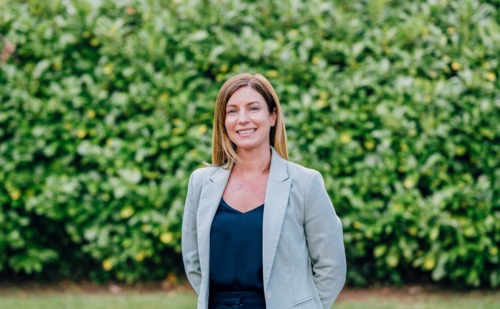
Jodi Hamlin
Partner
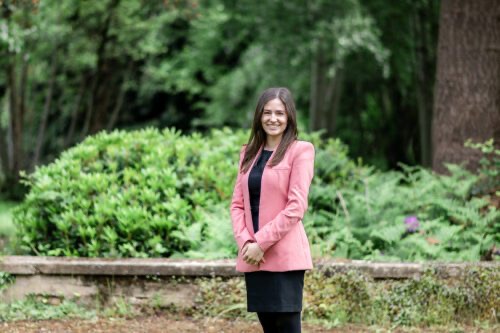
Victoria Green
Solicitor
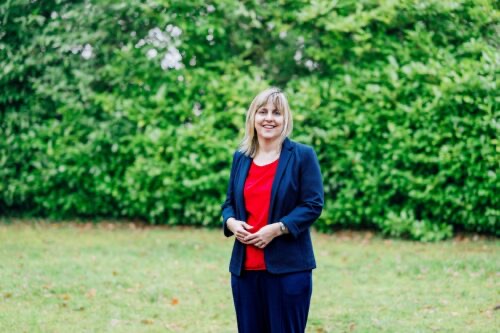
Emma Beckhurst
Legal Executive
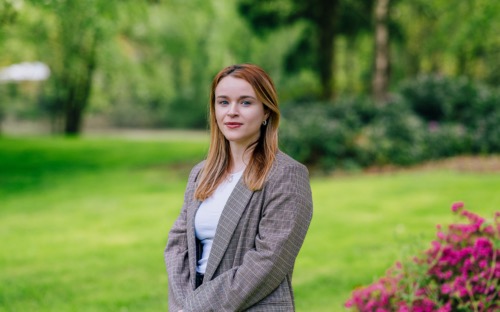
Stephanie Ponton
Senior Solicitor
Latest probate and estates insights

Caveat Probate UK: How to File and Dispute a Caveat

How To Contest A Will – The Full Process

What Are The Rules of Intestacy – Everything You Need To Know
Make an enquiry

Why choose Eric Robinson Solictors?
- Straightforward jargon free advice that is tailored to your specific needs
- Cost effective legal services that give you peace of mind
- Providing expert and trustworthy legal advice for over 60 years
- 8 offices spanning Hampshire, London, West Sussex & Wiltshire
Get in touch
Related probate and estates services
Probate Solicitors
A Will should state who can apply for probate and how to distribute the deceased’s estate, including money, property, and possessions.
Post Death Variations to Wills
A deceased person’s property and possessions can be redistributed if done within two years of their death.
Will Trust Administration
Our expert team can advise on the best type of trust to protect your family’s current and future interests, considering tax implications.